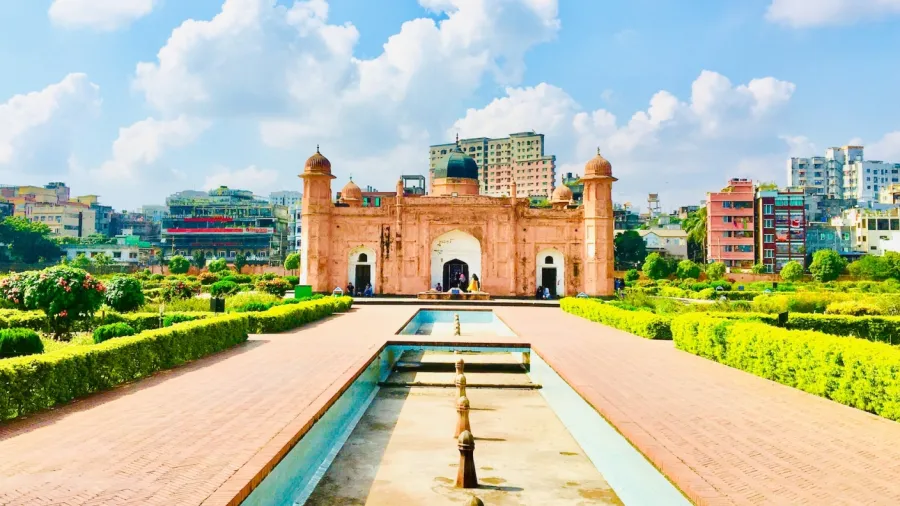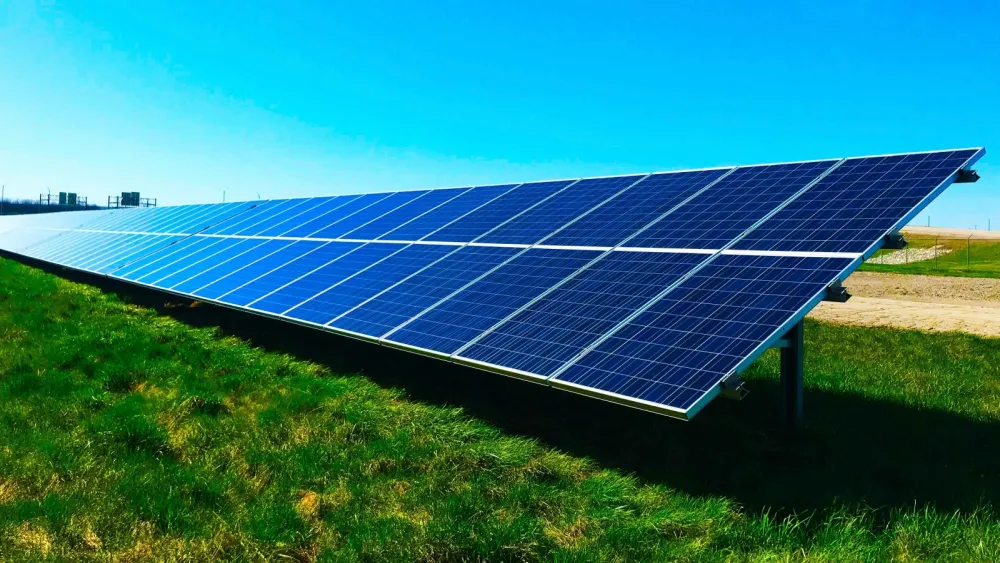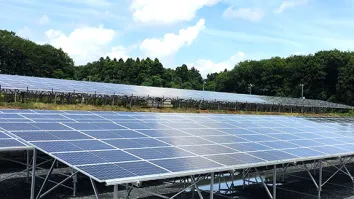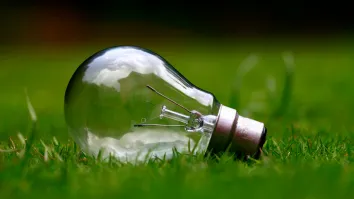
Bangladesh can save $1b with a 2,000 MW rooftop solar capacity
A heavy awareness and promotion of rooftop solar capacity is needed for the country.
The push for a 2,000 MW rooftop solar capacity can enable the Bangladesh Power Development Board to save up to $1b (BDT 10.32b) annually.
In a report, the Institute for Energy Economics and Financial Analysis (IEEFA), however, said Bangladesh's rooftop solar sector has been lagging, due to several factors such as lack of awareness, low confidence, perceived risks, high import tasks, and tight financial backlogs hindering its development.
Rooftop solar can lessen the country's reliance on expensive power sources such as furnace oil and diesel-fired plants, which have incurred a high revenue deficit for the sector.
However, to promote the deployment of rooftop solar, steps like raising awareness, streamlining finance, policy and regulatory intervention, quality assurance, business models for utilities, and capacity development of key stakeholders can start the conversation among Bangladeshi energy producers and consumers.
ALSO READ: Turkey's rooftop solar potential can reduce residential subsidies
Agencies like the Sustainable and Renewable Energy Development Authority (SREDA) have to execute capacity development and campaigns to promote rooftop solar, along with its benefits.
As with fiscal risks, a credit risk guarantee can bring confidence to investors in their monetary flow with lessened risks over the projects. Meanwhile, a first-loss guarantee can safeguard engineering, procurement and construction (EPC) companies from challenges by industries and owners.
“Bangladesh must tap the low-hanging fruit of rooftop solar to stave off the energy sector challenges and reduce colossal imports of fossil fuels. The delay in steering the sector in the right direction could result in a missed opportunity,” Shafiqul Alam, lead analyst at IEEFA and the report’s author, stated.



















 Advertise
Advertise







